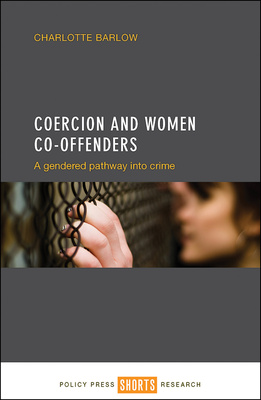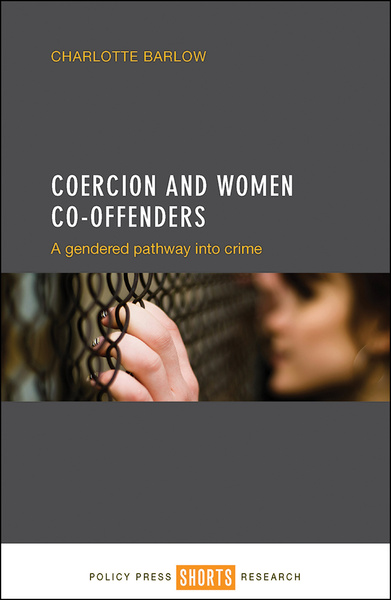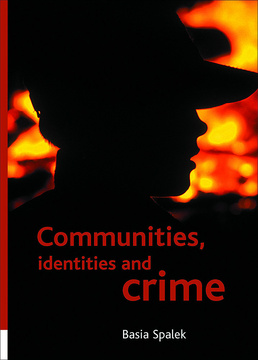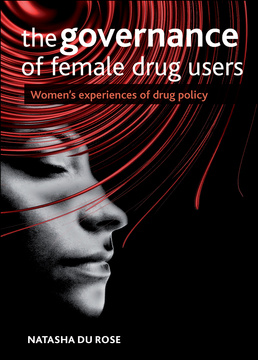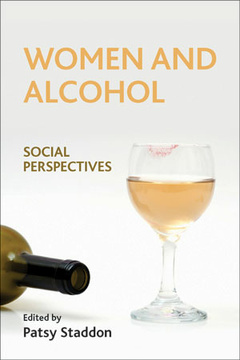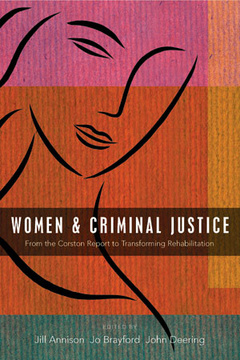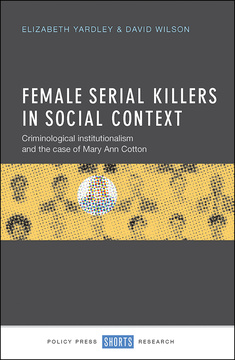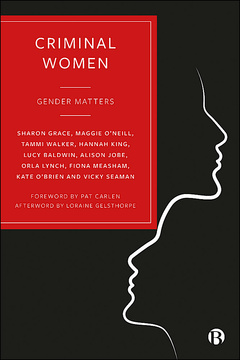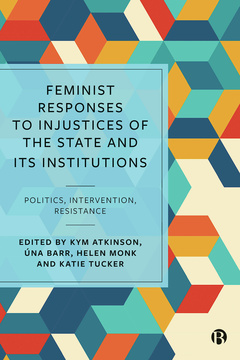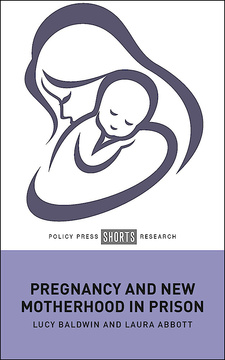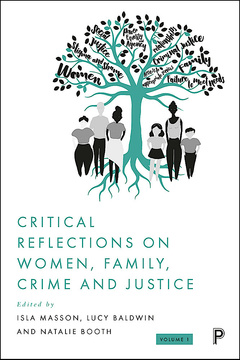Published
Sep 14, 2016Page count
112 pagesISBN
978-1447330981Dimensions
198 x 129 mmImprint
Policy PressPublished
Sep 14, 2016Page count
112 pagesISBN
978-1447331001Imprint
Policy PressPublished
Sep 14, 2016Page count
112 pagesISBN
978-1447331018Imprint
Policy PressWhat role does coercion play in women’s involvement in crime?
This is the first book to explore coercion as a pathway into crime for co-offending women. Using newspaper articles and case and court files, it analyses four cases of women co-accused of a crime with their partner who suggested that coercive techniques had influenced their involvement in the offending.
Based on a feminist perspective, it highlights the importance of gender role expectations and gendered discourses in how the trials were conducted, and the ways in which the media framed the trials (and the women).
Considering the legal and social construction of coercion, this fascinating book concludes by exploring the implications for public understanding of coercion and female offending more broadly.
“Barlow brings a fresh approach to understanding how women’s offending behaviour is represented differently by the media, the legal profession and by women themselves and develops the helpful notion of a ‘continuation of coercion’” Karen Ross, Newcastle University
Dr Charlotte Barlow is a Lecturer in Criminology at Lancaster University and has previously worked at Birmingham City University. Charlotte graduated with First Class Honours from Keele University and completed her PhD at the University of Liverpool, graduating in 2015. Charlotte's broad research interests include female offending, media representations of crime and deviancy and violence against women and girls.
Mediated representations and understandings of co-offending women;
Theoretical understandings of coercion as a pathway into crime;
Understanding the social construction of coerced women;
A feminist critique of representations of potentially coerced women;
Applying the ‘continuum of coercion’: an alternative, feminist framework;
Coerced women and criminology: looking to the future.







